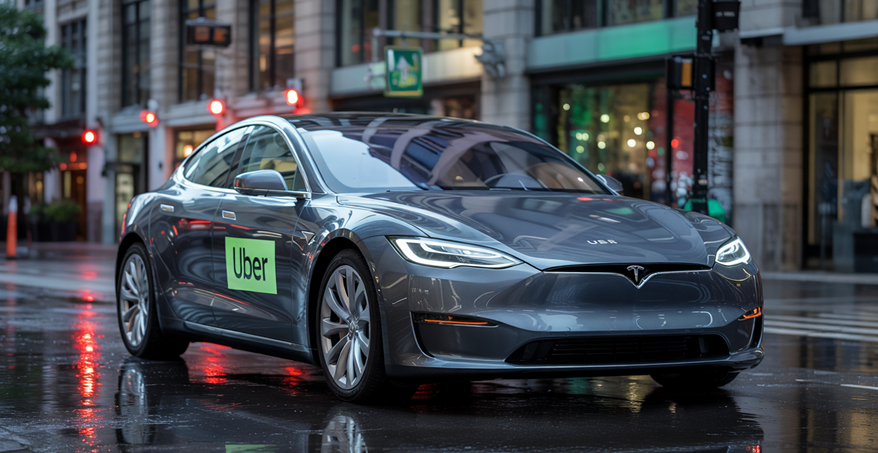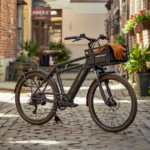Smart choices for modern drivers: top vehicles for ride-sharing, fuel savings, and passenger comfort.
In 2025, ride-sharing is no longer a side hustle—it’s a fully-fledged profession for hundreds of thousands across the U.S. As Uber expands into new categories like electric-only ride zones, premium tiers, and autonomous tech partnerships, drivers are more selective than ever when it comes to choosing the right vehicle.
The best car for Uber isn’t just affordable—it needs to be fuel-efficient, comfortable for long hours behind the wheel, compliant with evolving local regulations, and offer features that keep both driver and passenger satisfied.
This guide offers a deep dive into the top-performing cars for Uber drivers in 2025, factoring in real-time fuel economy data, service cost comparisons, and updated ride-share laws. It also includes vehicle pricing to help drivers—both new and experienced—make informed, future-proof decisions.
What Uber Drivers Are Looking for in 2025
Based on recent survey data from The Rideshare Guy and Uber’s 2025 Driver Trends Report, here are the key priorities for U.S. ride-share drivers today:
-
Fuel efficiency or EV range to maximize earnings per mile
-
Low maintenance costs and long-term reliability
-
Interior space for passenger comfort and luggage
-
Eligibility for premium Uber tiers like Comfort or Uber Green
-
Compliance with local emissions and vehicle age laws
With these in mind, let’s break down the best cars that check all the boxes.
1. Toyota Camry Hybrid 2025
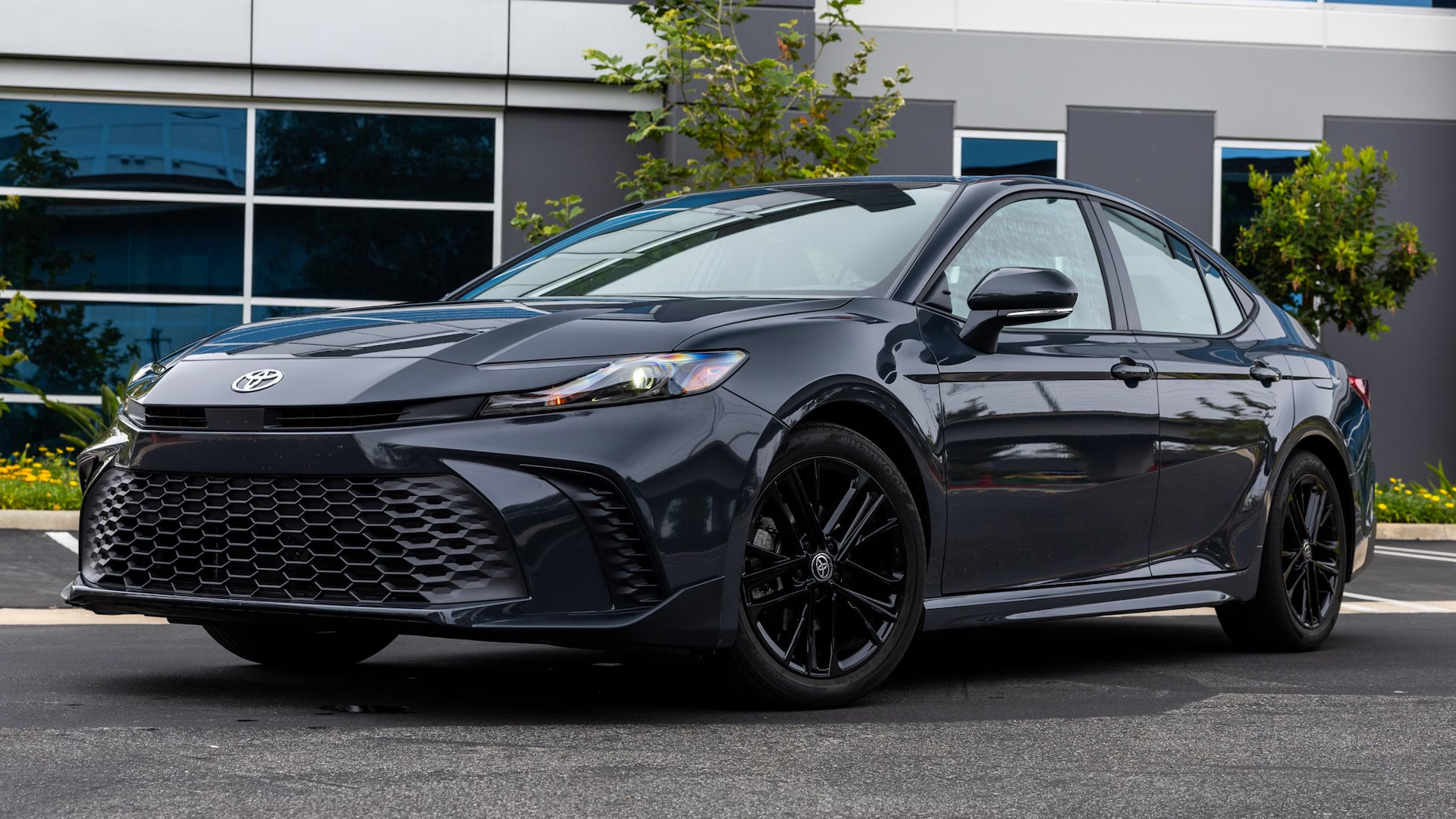
Price Range: $29,000 – $34,500
The Camry Hybrid remains a top-tier choice for Uber drivers thanks to its rock-solid reputation for reliability, ride quality, and fuel efficiency. The 2025 model now offers 53 mpg city and an updated infotainment system with wireless Apple CarPlay and Android Auto. It comfortably seats five adults and is eligible for Uber Comfort in most U.S. cities.
-
Maintenance rating: Excellent
-
Cargo space: 15.1 cu ft
-
Pros: Low fuel cost, roomy interior, premium features without premium pricing
2. Hyundai Ioniq 6 2025
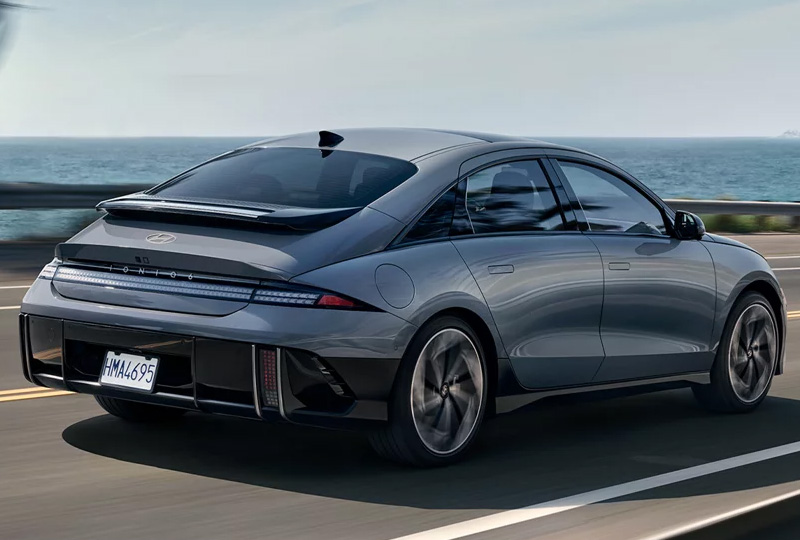
Price Range: $37,500 – $46,000 (before EV incentives)
This fully electric sedan is fast becoming a favorite among Uber Green drivers. With an EPA-estimated 361-mile range on the Long Range RWD version, the Ioniq 6 is ideal for high-mileage workdays. Fast charging adds over 200 miles in 18 minutes, and the sleek design is a hit with passengers.
-
Eligible for: Uber Green, Uber Comfort (in select markets)
-
Charging network: Fully compatible with Tesla Superchargers via NACS in 2025
-
Interior tech: Dual 12.3-inch screens, advanced driver assist features
3. Chevrolet Bolt EUV 2025 (Last Edition)
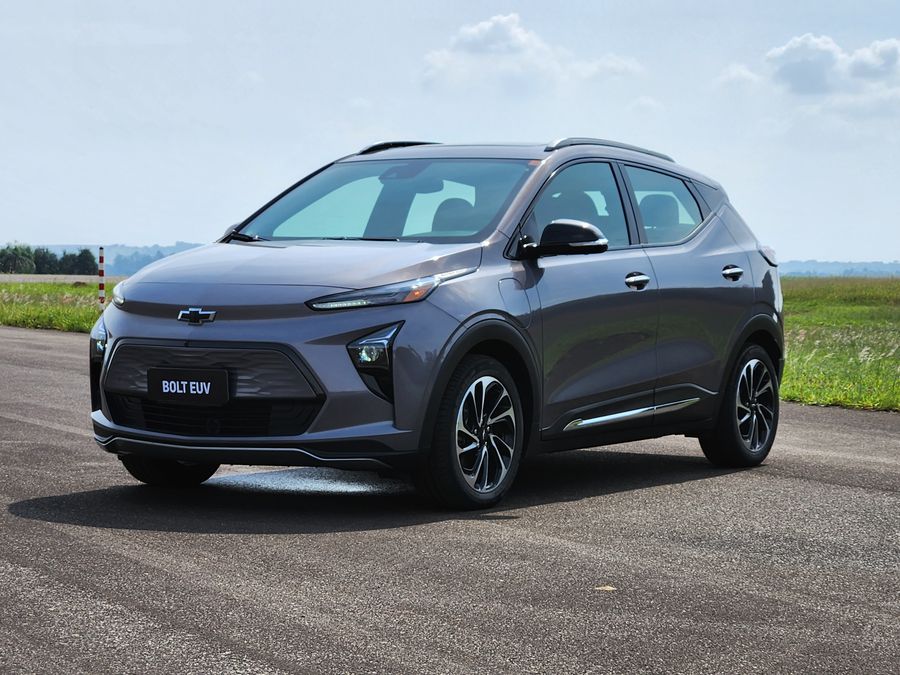
Price Range: $26,000 – $28,500
While GM has officially announced the end of the Bolt line to make room for Ultium-based models, the 2025 EUV “Final Edition” remains one of the best value EVs for ride-share. With a range of 247 miles, standard DC fast charging, and ample headroom for rear passengers, it’s an affordable way into Uber Green and UberX.
-
Incentive eligible: Up to $7,500 federal credit, plus local rebates
-
Interior highlights: Heated seats, wireless charging, rear USB ports
-
Pro tip: Buy now while dealer inventories last; GM plans a 2026 replacement
4. Honda Accord Hybrid 2025
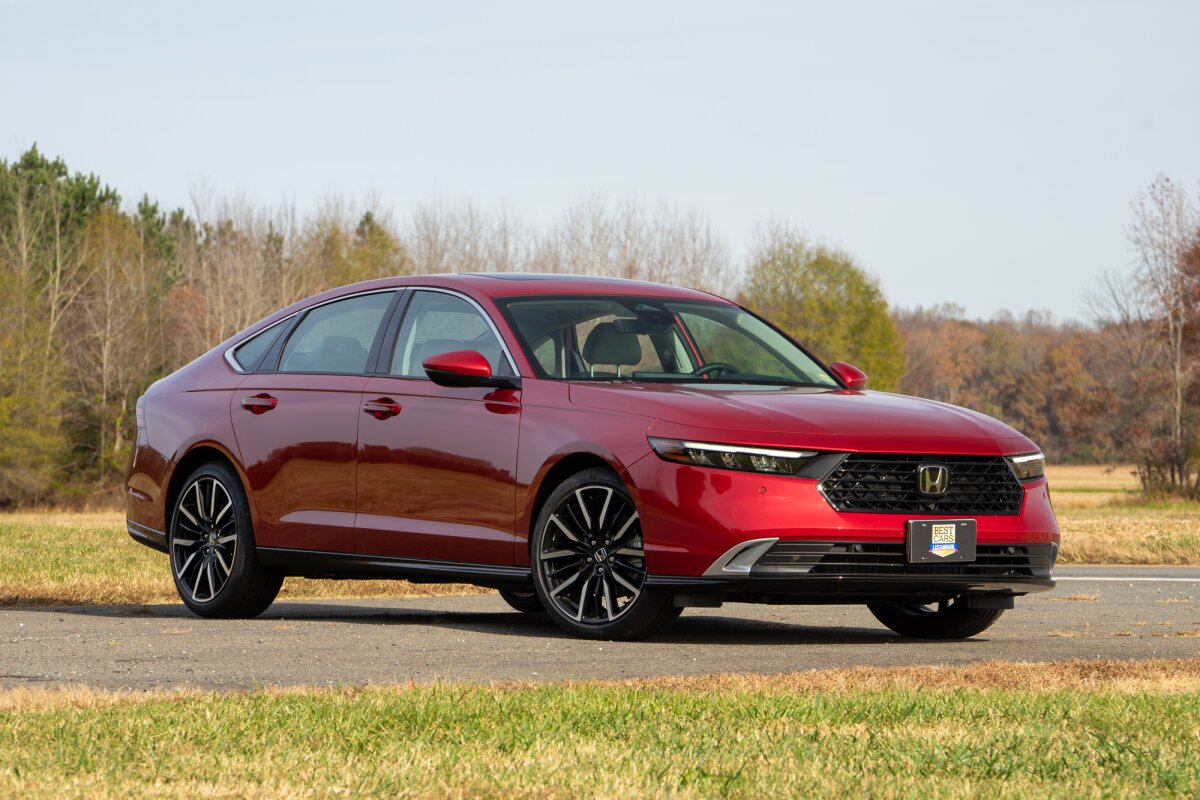
Price Range: $32,500 – $38,000
Few sedans balance efficiency and ride quality like the Accord Hybrid. Rated at 51 mpg city, it’s quiet, spacious, and earns high marks from Uber passengers for ride comfort. The 2025 model introduces a refreshed grille, enhanced noise isolation, and the Honda Sensing 360 suite as standard.
-
Ideal for: UberX, Uber Comfort
-
Trunk space: 16.7 cu ft
-
Reliability track record: Consistently top-ranked by J.D. Power
5. Kia Niro Hybrid 2025
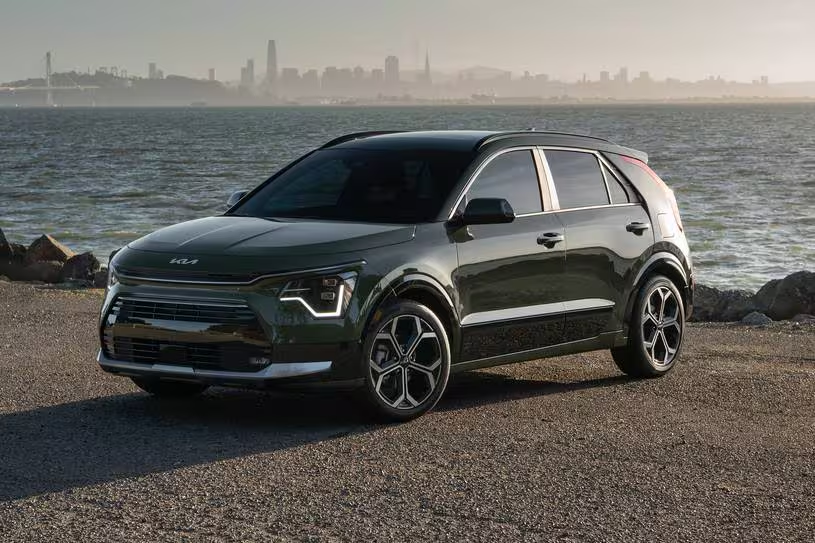
Price Range: $28,000 – $33,500
For drivers looking for a compact crossover with hybrid efficiency, the Kia Niro is a standout. With 53 mpg city, tons of rear-seat space, and a small turning radius, it’s perfect for urban driving. Its sleek new dashboard layout and robust warranty make it ideal for drivers entering the ride-share game.
-
Unique edge: Qualifies for Uber Comfort in many markets despite compact size
-
Cargo flexibility: Flat-folding seats + hidden underfloor storage
-
Warranty: 10-year/100,000-mile powertrain coverage
6. Tesla Model 3 RWD (2025 Refresh)
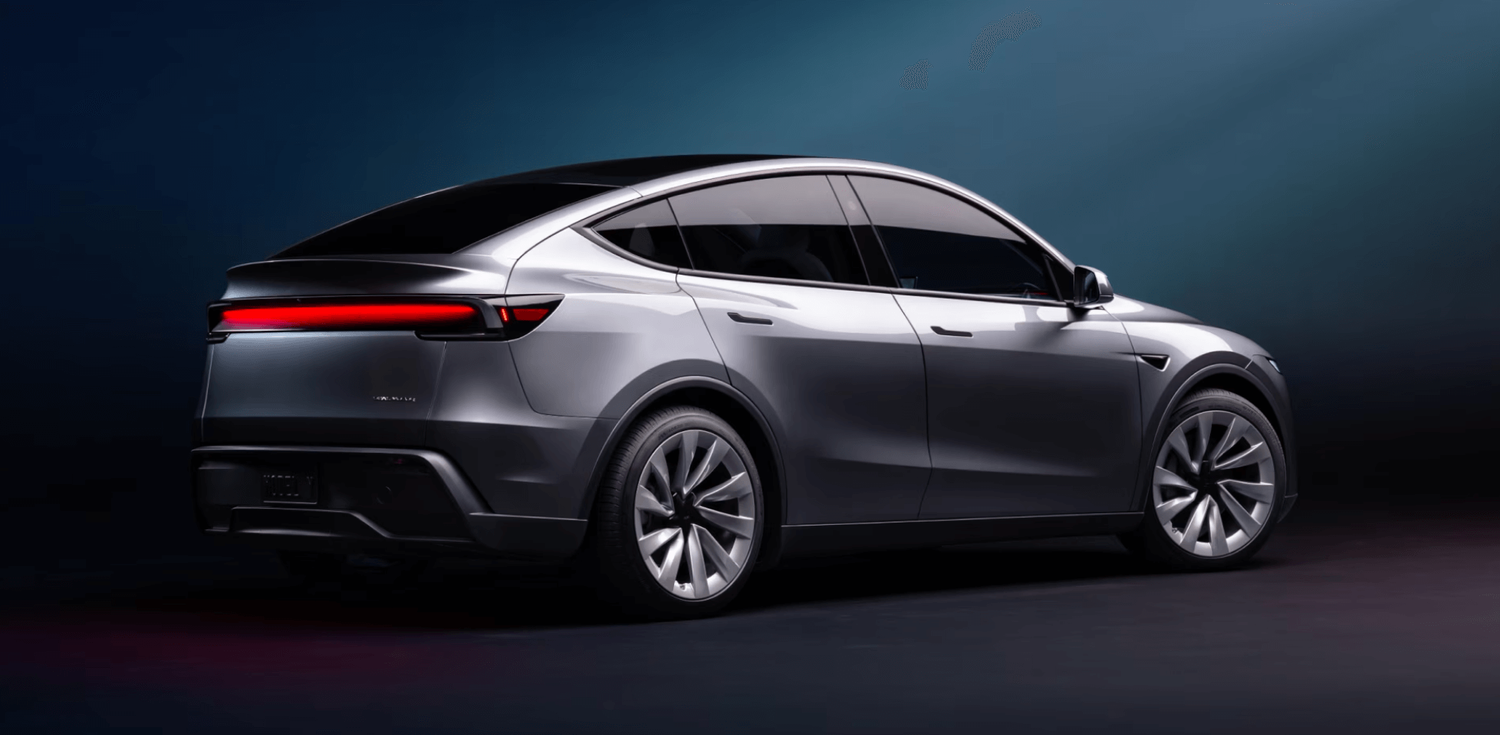
Price Range: $38,990 – $44,000
The updated 2025 Model 3 features longer range, a quieter cabin, and a new interior design focused on ride-share friendliness (including rear touch controls). With access to Tesla’s charging network and zero gas costs, it’s a top pick for those operating in Uber Black, Uber Comfort Electric, and Uber Green tiers.
-
Range: 341 miles (RWD)
-
Interior upgrades: Ventilated seats, ambient lighting, improved rear comfort
-
Maintenance cost: Among the lowest in class due to fewer moving parts
What About Uber Ride-Share Laws in 2025?
Recent changes to state and local ride-share regulations are shaping which vehicles are allowed on the platform:
-
California and New York now mandate that at least 90% of all ride-share miles be in EVs or hybrids by 2030—a target that already influences driver incentives and bonus structures.
-
Chicago, Portland, and Washington D.C. now offer toll discounts or HOV lane access for hybrid and electric ride-share vehicles.
-
Uber’s internal policies increasingly favor newer vehicles (generally model year 2018 and newer) for access to premium tiers.
Knowing your city-specific requirements is key. Uber provides a live eligibility checker through the driver dashboard, which includes accepted models per service tier.
Making the Smartest Choice for Your Business
Uber drivers today are entrepreneurs—and your vehicle is your office. The best car in 2025 isn’t just one with great gas mileage; it’s one that positions you to earn more, spend less on maintenance, and provide a five-star experience every ride. From hybrids to full EVs, the shift toward smart, sustainable vehicles is not only encouraged—it’s being rewarded through incentive programs, reduced platform fees, and customer preference.
As electric charging infrastructure expands rapidly and local laws push for cleaner fleets, choosing the right car today means staying competitive tomorrow.
